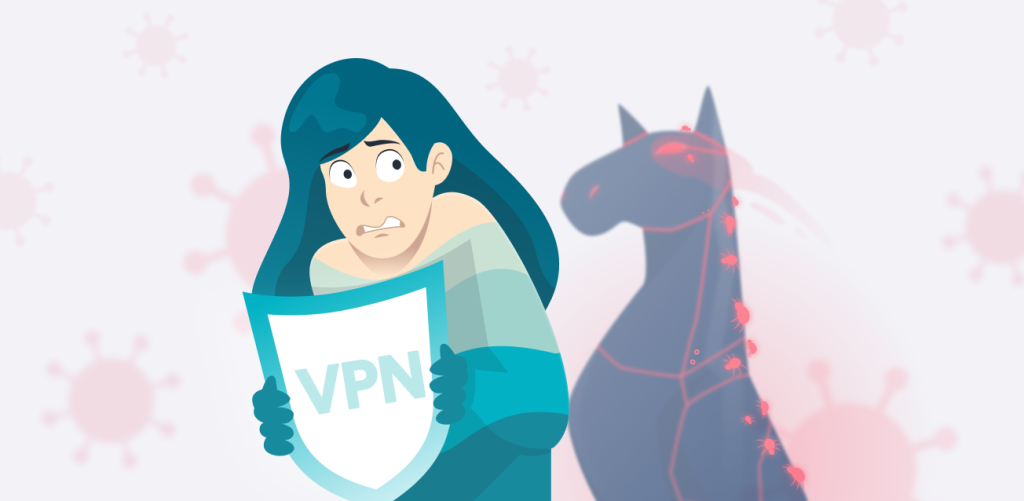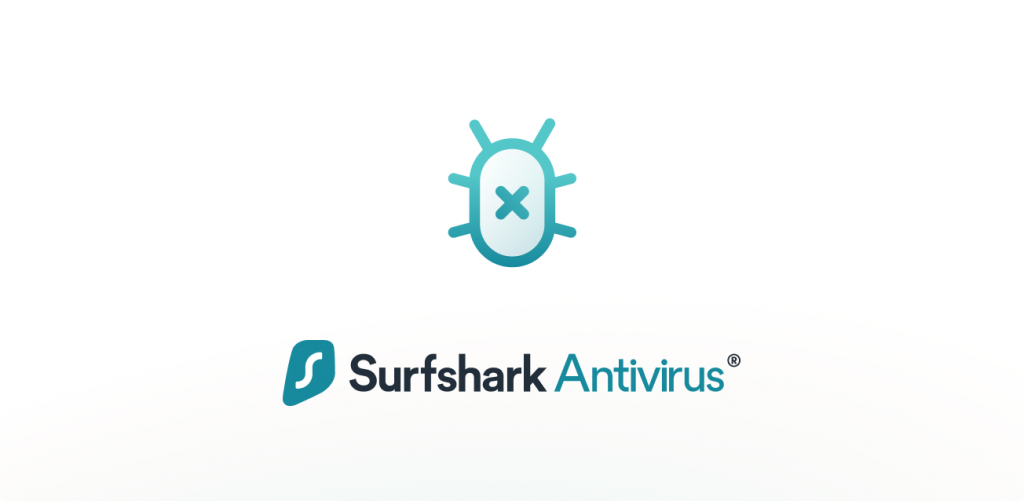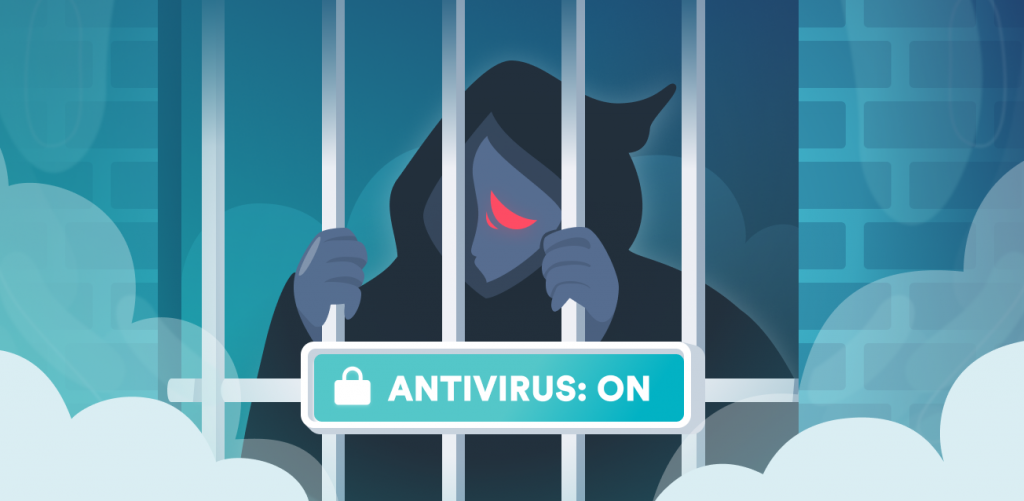
As long as you’re on the internet, you’ll encounter various threats: viruses, data breaches, malware, and many more. Yeah, it’s rough out there, but there are things that can help. To that end, does a VPN (Virtual Private Network) protect you from viruses? Well, you’ll definitely be less likely to get infected. But is that enough? And what are the differences between antivirus software and VPNs? Let’s get into it.
Table of contents
How does a VPN protect you from viruses?
What VPNs do is not directly linked to virus protection. However, they secure your data by encrypting it, which can be useful in protecting against malware attacks.
1. VPNs can prevent malware from carrying out its task.
Using a VPN service to secure your connection may prevent malware from effectively completing its job. By default, a VPN server restricts ports, making it difficult for malware infections to establish a connection with their handler to transmit data or receive instructions.
2. VPNs can prevent ads from spreading malware.
Several VPN providers offer extra security measures like Adblock. Many malware-infected websites put your devices at risk. Programs like Adblock ensure that ads and computer viruses are prevented from loading so VPN users can browse safely.
If you want to dive deeper into how VPNs protect against malware, check out our article that discusses the process further.
Which is better: VPN or antivirus software?
So, which is better for protecting your devices against hackers? First, let’s take a look at the key differences between a VPN service and antivirus software:
VPN | Antivirus | |
|---|---|---|
What it does | A VPN hides your IP (Internet Protocol) address, online traffic, and geographical location. | Antivirus software prevents, scans, detects, and removes viruses from a computer. |
How it does it | A VPN creates a secure tunnel between yourself and one of its servers when you access the internet. | Antivirus software scans a computer and system files for malicious software or code and removes them. |
Benefits |
|
|
Comparing VPNs and Antivirus is like comparing apples to oranges. There isn’t a clear answer to the question of which is better because you need both to keep your sensitive information safe while browsing the web.
What does a VPN do?

A VPN connection will hide your IP address and encrypt all your data so that it cannot be seen or intercepted by third parties during an active internet connection. It will also provide you with a high level of privacy to keep your browsing habits private.
However, a VPN app won’t protect you from viruses or send alerts if your device catches one. A VPN encrypts your data and helps to bypass restrictions such as censorship or website blocks.
If you’re looking for virus protection, you’re looking for antivirus software.
What does an Antivirus do?
Antivirus solutions are designed to detect and remove malicious programs, such as viruses and worms, from a computer. It aims to detect and remove these threats before they can cause problems. Users can schedule regular scans for real-time protection.
A paid antivirus program, as opposed to free antivirus, can also detect and delete compromised files and spyware, such as key-logging software and other malicious programs that operate by stealth. When viruses are detected on computers, the program sends out alerts.
How to know if your device is infected with a virus
Here’s how you can find out if your device has a virus:
- Performance issues (apps, software). Viruses use up a lot of your computer’s memory, leaving other applications with few resources to run efficiently.
- Devices crash/error messages. Sluggish application performance, a slow operating system, and a slow PC overall caused by viruses can lead to applications and devices crashing.
- Larger phone bills. Viruses can use cellphone data to send information.
- Random pop-up ads. Adware is a kind of computer virus that lurks on your computer and shows ads while you are online.
- Apps you don’t recognize. Apps installed by viruses can give themselves administrator privileges on your devices.
- Missing files. Viruses can crash your computer and destroy or conceal files on your computer.
Now, if you have any of the signs listed above, I recommend you scan your device with an antivirus. This way, you’ll be able to remove the virus and go on your merry way.
How to prevent viruses from infecting your devices
Now that your device is squeaky clean, let’s see how you can maintain it that way:
- Get antivirus and perform regular scans. It’s critical to stay ahead of viruses by continuously monitoring and protecting your personal data. Virus scans are vital in detecting and eliminating harmful code.
- Be careful of phishing scams with emails and malicious attachments. Learn how to identify and avoid phishing scams to avoid downloading viruses and malware from an infected attachment.
- Be careful when browsing, and avoid strange websites. It takes just a few minutes to create professional-looking yet malicious websites that contain viruses and malware. Even iPhones, which are less susceptible to viruses, can be compromised this way.
- Keep your OS and apps up-to-date. Operating systems and applications are constantly updated to provide new features, address problems, and enhance privacy and security.
- Avoid pirated material. Pirated files may contain viruses and malware that can infect your device.
Practice cyber hygiene: protect your devices on all fronts
In today’s digital world, it’s essential to have the right online security tools to keep you safe while browsing the web. As stated, the benefits of VPNs and Antivirus programs cannot be compared when it comes to digital safety. With so many threats out there, it’s vital to have an up-to-date antivirus on all your devices. However, you should also let a VPN protect your data while browsing the web, especially if you are connected to public Wi-Fi.
Surfshark One provides an all-in-one cybersecurity package that keeps you safe on both fronts. Surfshark Alert, Surfshark Search, and Surfshark Antivirus are just a few of the features in this package that will keep your device clean while keeping you informed if your data is exposed. Get expanded device protection with Surfshark One so you can have peace of mind knowing that you are protected from viruses while maintaining your online data privacy.


